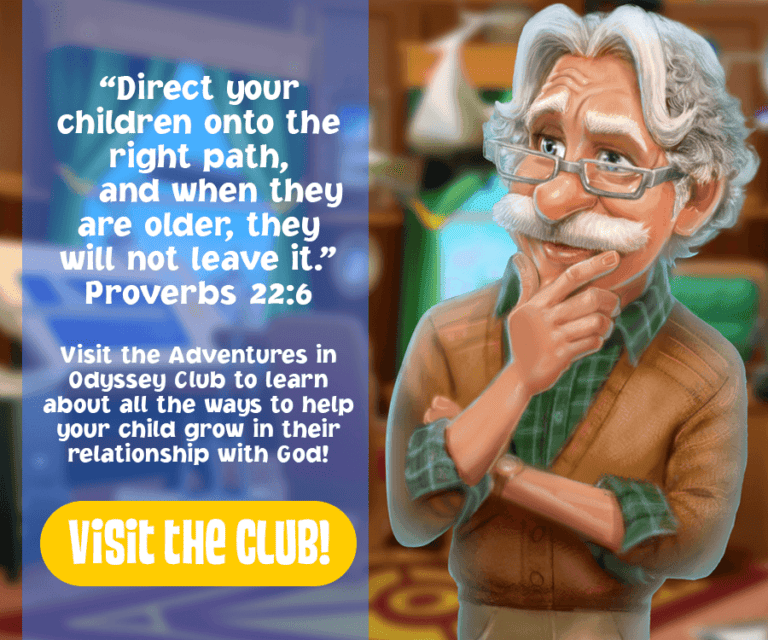Stop and start. Those three words described my attempts at teaching our kids spiritual truth. Sure, my wife and I took our boys to church, but they needed family devotions at home as well. And I was failing miserably.
Not that I hadn’t tried. I had a stack of lightly used devotional books on my shelf. Each had shown promise, but not for long. One by one I abandoned the books — and family devotions — after noticing my sons’ bored stares.
I’d done fine while the boys were in the Bible picture storybook stage. Unfortunately, after books stopped holding their attention, I began floundering. I had a nagging sense of guilt that I wasn’t doing my job as spiritual protector — and I was stuck in a stop-and-start cycle.
Strangely enough, God used a simple coin trick to turn things around for me, and my family. After entertaining the boys by doing a little illusion I’d learned with a handful of change, I tied in a brief spiritual application along with a Scripture verse. My boys grasped the point instantly — and definitely weren’t bored.
That led to a crazy and fun journey of leading object lesson and activity-based family devotions. Blowing up eggs in the microwave, electrocuting pickles, converting leaf-blowers to shoot toilet paper and countless other to-dos that were quick and simple — each activity taught a nugget of truth in ways my boys haven’t forgotten.



















